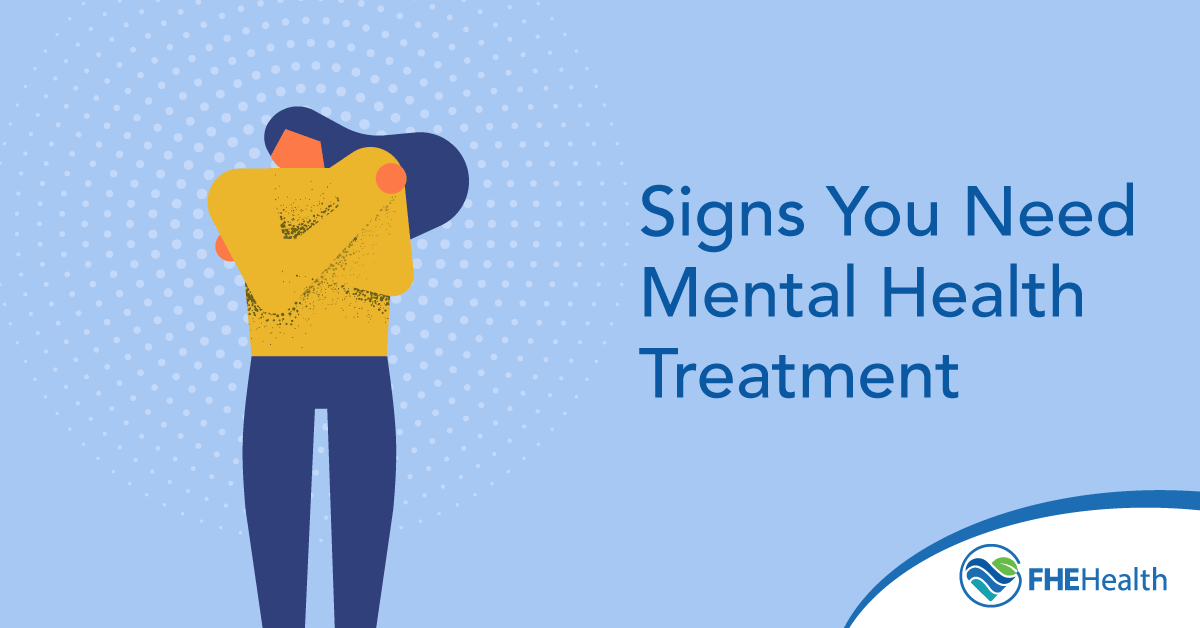Signs You May Need Mental Health Support
Mental health is just as important as physical health, yet many people overlook the early warning signs that something may be off.
Recognizing the need for support is a vital step toward healing and personal growth.
Whether it's stress, anxiety, depression, or something harder to define, knowing the signs can help you or a loved one seek help before things get worse.
Below are key indicators that suggest it may be time to reach out to a mental health professional.
Common Emotional and Behavioral Signs

-
Persistent Sadness or Irritability
Feeling sad, hopeless, or on edge for days or weeks can indicate depression or anxiety disorders.
-
Withdrawal from Social Activities
If you’re avoiding friends, family, or hobbies you once enjoyed, it may be a sign of emotional distress.
-
Sudden Mood Swings
Rapid changes in mood without clear reasons may point to an underlying mental health condition.
Cognitive and Physical Warning Signs
-
Trouble Concentrating or Making Decisions
Struggling with focus or simple decision-making can be a symptom of anxiety, depression, or ADHD.
-
Changes in Sleep or Appetite
Sleeping too much or too little, as well as overeating or loss of appetite, are common signs of mental imbalance.
-
Unexplained Aches and Fatigue
Chronic pain and exhaustion, with no medical explanation, are often linked to mental health challenges.
Serious Red Flags
-
Thoughts of Self-Harm or Suicide
If you're experiencing thoughts of harming yourself or ending your life, seek immediate help from a professional or crisis line.
-
Substance Abuse
Using alcohol or drugs to cope with stress or emotions may signal a deeper issue that needs attention.
-
Feeling Disconnected from Reality
Experiencing hallucinations, paranoia, or a sense of being detached from reality could indicate a severe mental health disorder.
When to Seek Help
If these signs are affecting your daily life, relationships, or sense of well-being, it’s time to speak to a licensed therapist or counselor.
Mental health support can offer tools and insight that lead to a healthier, more balanced life.
